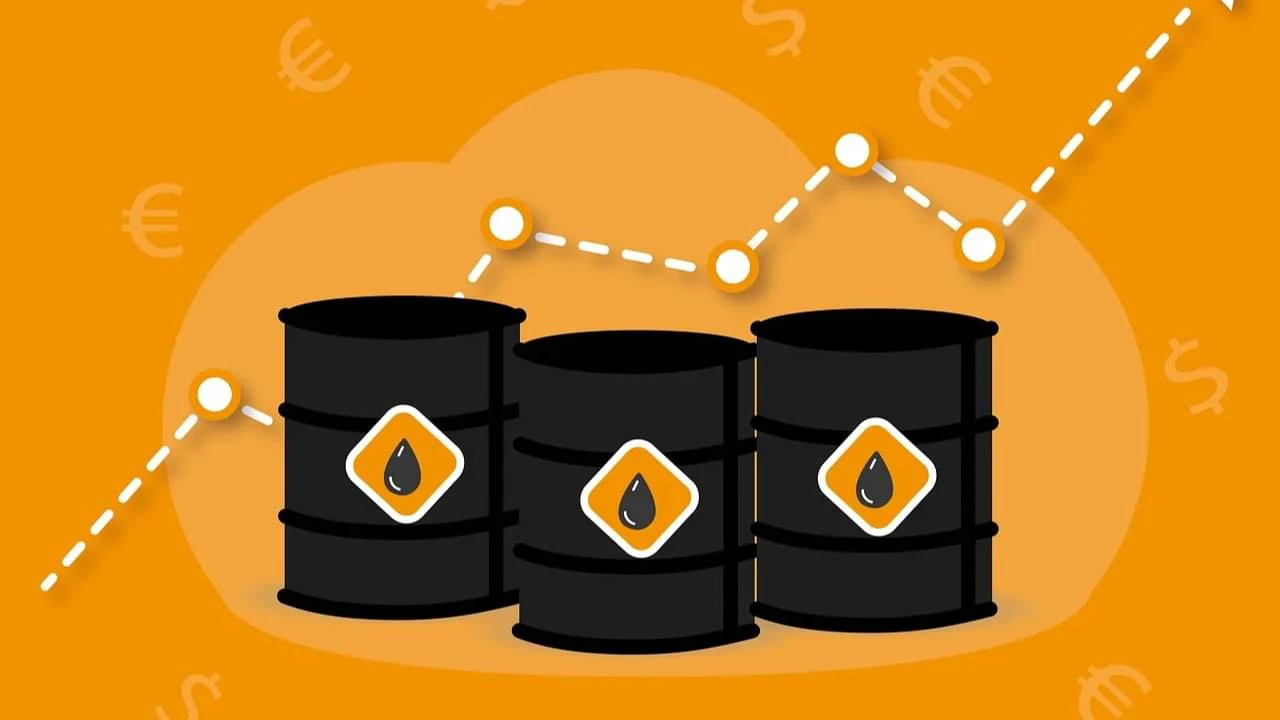Global oil markets experienced a sharp jolt on 14th June, with prices soaring over 7% following a dramatic escalation in military conflict between Israel and Iran.
The surge came as Israel carried out targeted air strikes on Iranian military installations, stoking fears of widespread supply disruptions in the oil-rich Middle East.
Brent and WTI Crude Surge
Brent crude futures settled at $74.23 a barrel, up $4.87, or 7.02%, after soaring more than 13% earlier in the session to hit $78.50 – its highest level since January 27. Meanwhile, U.S. West Texas Intermediate (WTI) crude closed at $72.98, up $4.94, or 7.62%. WTI had earlier surged over 14% to reach $77.62, its highest since January 21.
Both benchmarks posted their largest intraday moves since 2022, when Russia’s invasion of Ukraine sent shockwaves through global energy markets. Brent and WTI also gained 12.5% and 13% respectively over the past week.
Tensions Flare Across Middle East
The price rally followed Israeli air strikes on what it said were Iranian nuclear facilities, missile factories, and key military targets. “This is the start of a prolonged operation to prevent Tehran from building an atomic weapon,” said Israeli officials. Iran has vowed a “harsh response,” and retaliated with missile attacks on buildings in Tel Aviv, media reports said.
Despite the strikes, Iran’s National Oil Refining and Distribution Company confirmed that refining and storage operations remain unaffected. Iran, an OPEC member, produces about 3.3 million barrels per day and exports over 2 million.
Strategic Chokepoint at Risk
The Strait of Hormuz, a narrow yet vital shipping route, has become a focal point of concern. “Saudi Arabia, Kuwait, Iraq and Iran are wholly locked into one tiny passage for exports,” Rabobank said in a note. Around 18 to 19 million barrels per day – roughly one-fifth of global consumption – passes through the strait.
Ben Hoff, head of commodity research at Societe Generale, warned of possible retaliatory strikes on oil infrastructure. “This raises the possibility that any further escalation could follow an ‘energy-for-energy’ logic,” he said.
Blocking the Strait could backfire for Iran. “Iran’s economy heavily relies on the free passage of goods and vessels,” said JP Morgan analysts. Any blockade would hurt its relationship with China, its sole oil customer.
Amid the uncertainty, speculators raised their net long positions in US crude futures and options by 15,157 contracts to 121,911, according to the Commodity Futures Trading Commission.
Meanwhile, the number of US oil and gas rigs fell for the seventh consecutive week, with Baker Hughes reporting a drop in oil rigs to 439 – the lowest since October 2021.
In broader markets, stocks plunged while investors flocked to safe havens such as gold, the U.S. dollar, and the Swiss franc.
As the geopolitical situation remains fluid, the energy markets are bracing for more volatility in the days ahead.
